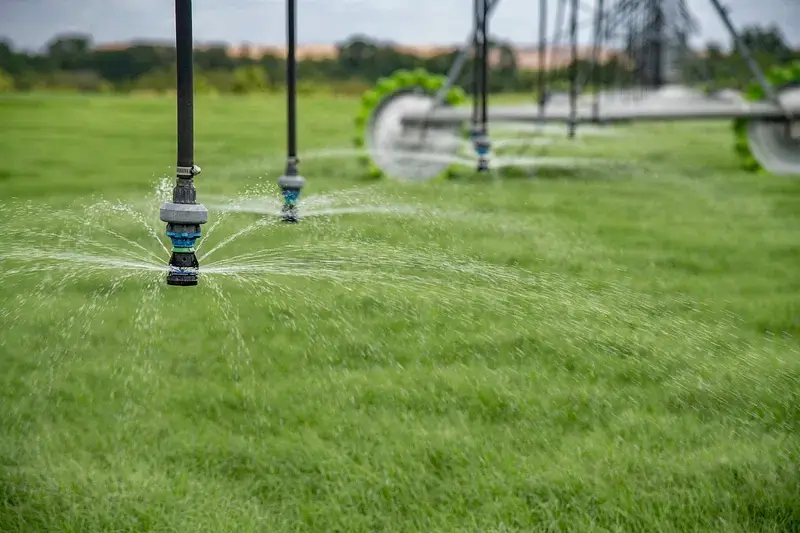Introduction:
In an era where sustainability is paramount, the agriculture industry is turning to smart solutions to address water scarcity and food production challenges. Smart greenhouse irrigation systems are emerging as a vital tool for achieving both sustainability and water conservation goals. By leveraging real-time data and automated technologies, these systems ensure that water usage is optimized, helping farmers grow more with less. According to the Global Smart Greenhouse Irrigation System Market Growth and Forecast report, the demand for sustainable farming practices is a significant driver of market growth.
Water Efficiency in Smart Irrigation Systems:
One of the primary benefits of smart greenhouse irrigation systems is their ability to maximize water efficiency. These systems utilize IoT sensors to measure soil moisture, weather conditions, and crop water requirements. This data is then analyzed to determine the precise amount of water needed, minimizing waste and ensuring that crops receive optimal hydration. In regions facing severe water shortages, such as parts of Asia-Pacific and the Middle East, smart irrigation systems offer a sustainable solution for preserving this critical resource while maintaining agricultural productivity.
Impact on Crop Yield and Food Security:
By improving water efficiency, smart greenhouse irrigation systems directly impact crop yield and food security. In traditional farming, inconsistent irrigation often leads to under-watering or over-watering, negatively affecting crop health. Smart systems, however, ensure that crops receive the right amount of water at the right time, leading to better growth, healthier plants, and increased yields. This improved productivity is essential in meeting the rising global demand for food while minimizing the environmental footprint of agriculture.
Adoption Trends in Water-Scarce Regions:
Smart greenhouse irrigation systems are seeing increasing adoption in regions that are grappling with water scarcity. Countries such as Israel, India, and Australia are investing heavily in these technologies to conserve water while maintaining agricultural output. According to the report, governments in these regions are offering incentives and subsidies to encourage the adoption of smart irrigation systems. As water conservation becomes a global priority, these systems will play a pivotal role in ensuring sustainable agricultural practices.
Conclusion:
Sustainability and water conservation are at the heart of smart greenhouse irrigation systems. By optimizing water usage and boosting crop yields, these systems are paving the way for more sustainable farming practices. As the global population continues to grow, the adoption of smart irrigation systems will be essential in securing the world’s food supply while preserving precious natural resources.

